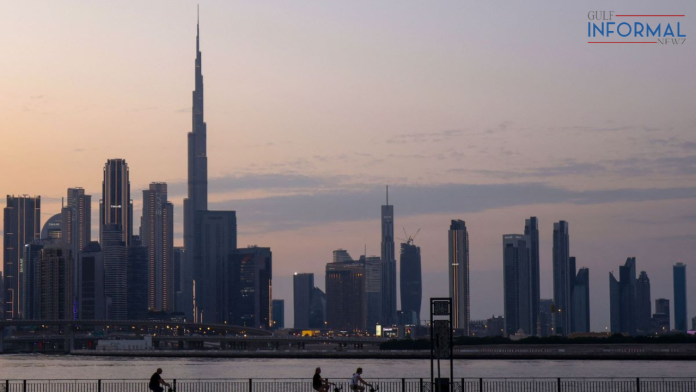Dr. Thani bin Ahmed Al Zeyoudi, UAE Minister of State for Foreign Trade, announced that the Comprehensive Economic Partnership Agreement (CEPA) between the UAE and the Republic of Serbia marks a significant milestone as the first agreement established under the UAE’s economic partnership program with a non-World Trade Organization (WTO) member.
The CEPA will reduce or eliminate tariffs on up to 96% of customs tariff lines, outperforming agreements with WTO member countries. Dr. Al Zeyoudi emphasized the agreement’s potential to enhance non-oil trade between the two nations, calling it a vital link to the Balkans and Southeast Europe, thereby fostering a new era of bilateral cooperation and sustainable economic growth.
The agreement aims to stimulate trade and investment flows, strengthen collaboration, and build partnerships in the private sector. Key objectives include empowering business communities, promoting investments, facilitating knowledge exchange, and activating joint developmental projects in vital sectors such as logistics and food security.
Dr. Al Zeyoudi highlighted Serbia’s manufacturing capabilities, skilled labor force, and abundant mineral resources as vital economic opportunities to be leveraged through this partnership. He projected that the agreement could contribute an estimated $351 million to the UAE’s GDP by 2032.
In 2023, non-oil bilateral trade between the UAE and Serbia reached $122.9 million, with expectations to increase to $500 million in the next five years. Notably, the UAE remains Serbia’s largest trading partner in the Gulf Cooperation Council (GCC), accounting for 55% of Serbia’s trade with Gulf countries.
The CEPA aligns with the UAE’s broader strategy, which aims to double its foreign trade value to AED 4 trillion by 2031.




